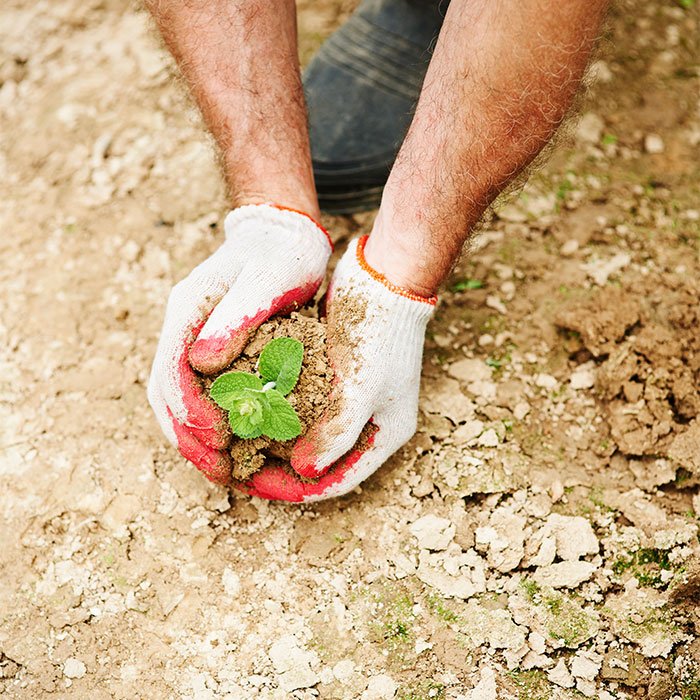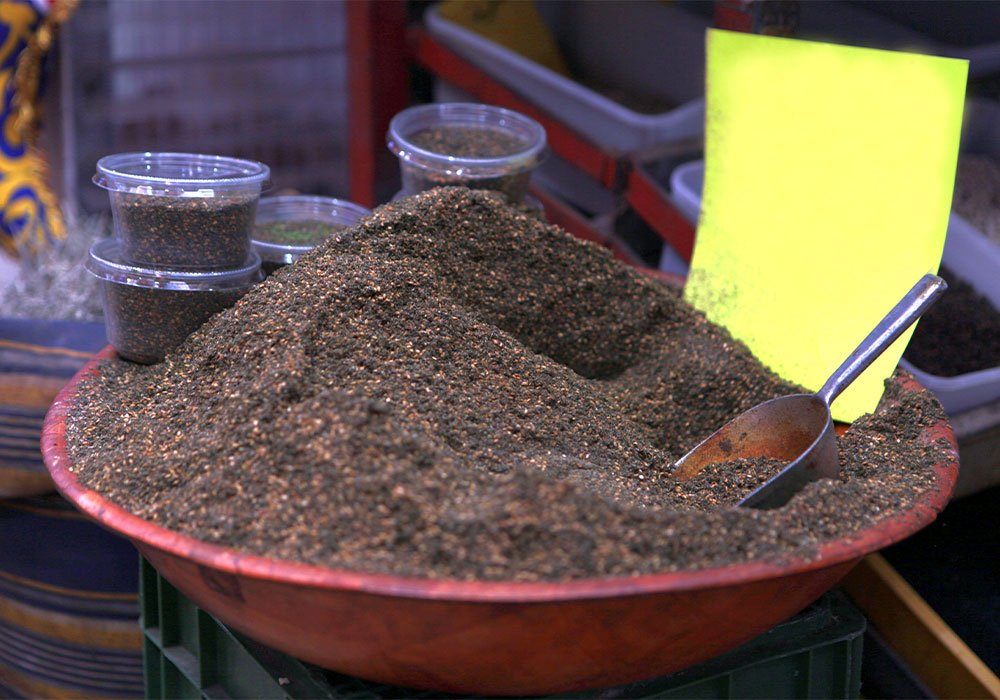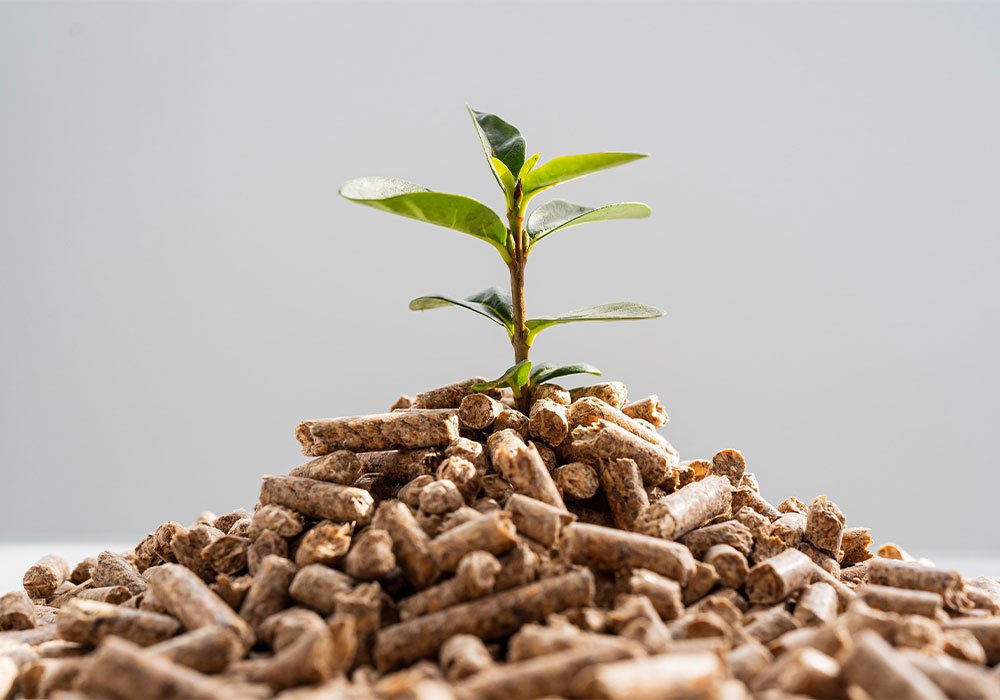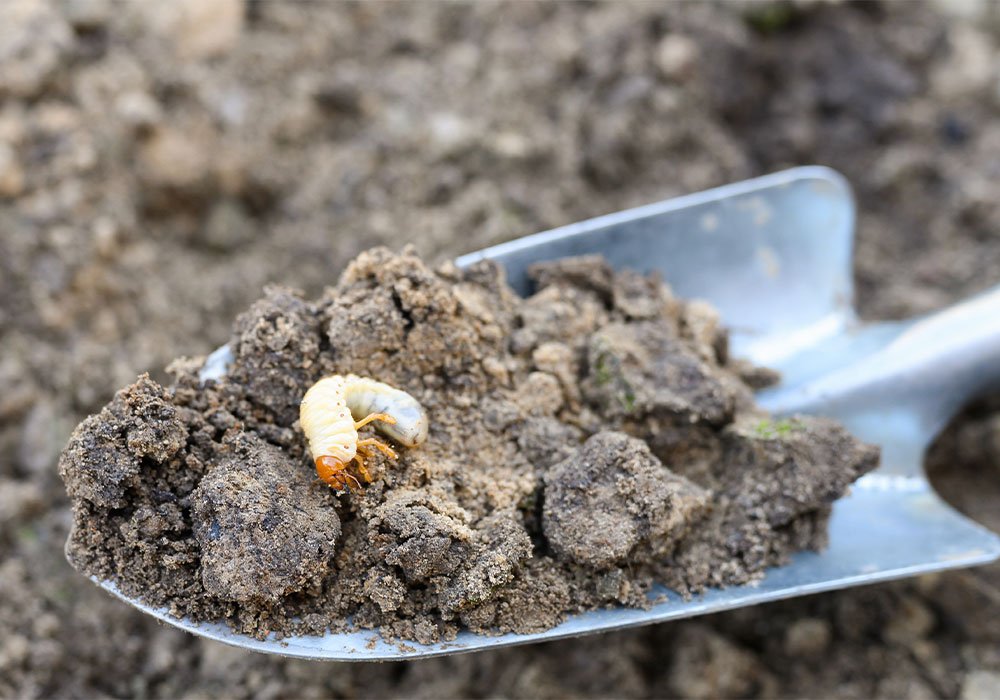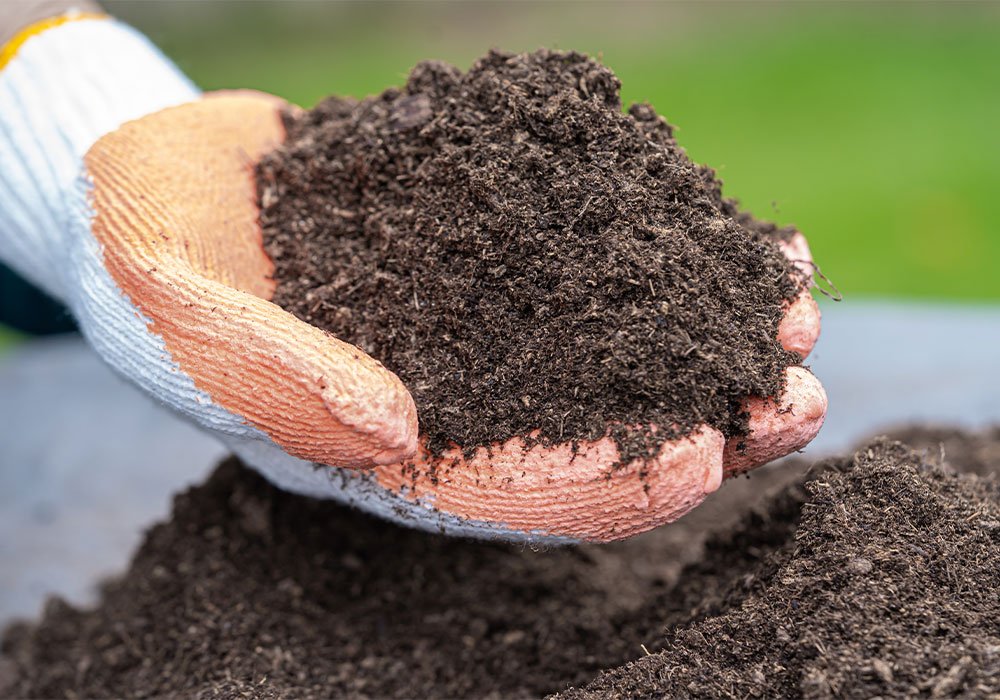Compost
Compost fertilizer is a type of organic fertilizer made from decomposed organic matter, such as leaves, grass clippings, food scraps, and other plant and animal materials. Composting is the process of breaking down organic matter into a rich, nutrient-dense soil amendment that can be added to soil to improve its structure, fertility, and overall health.
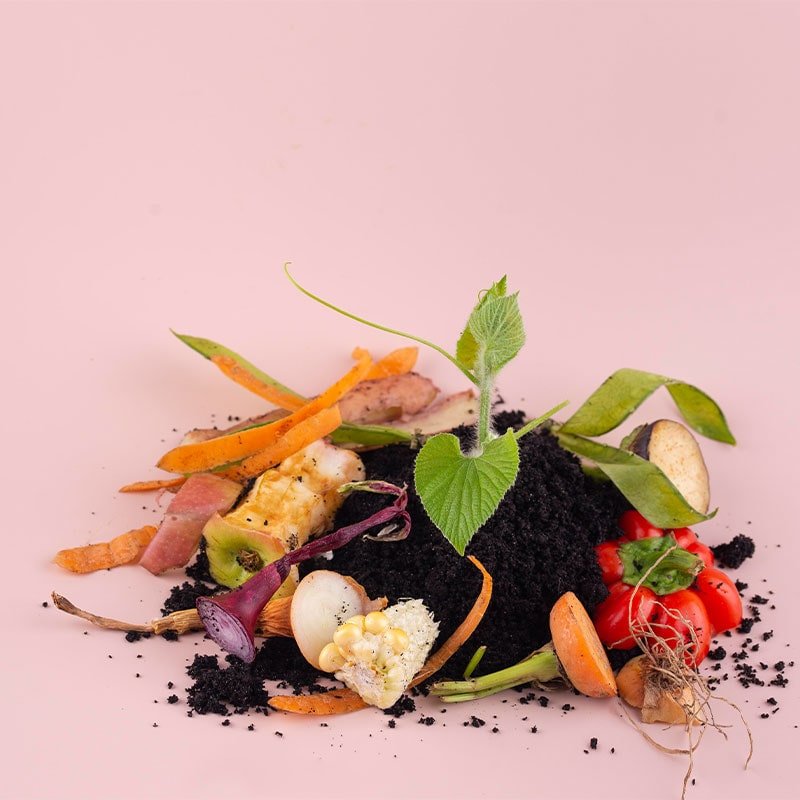
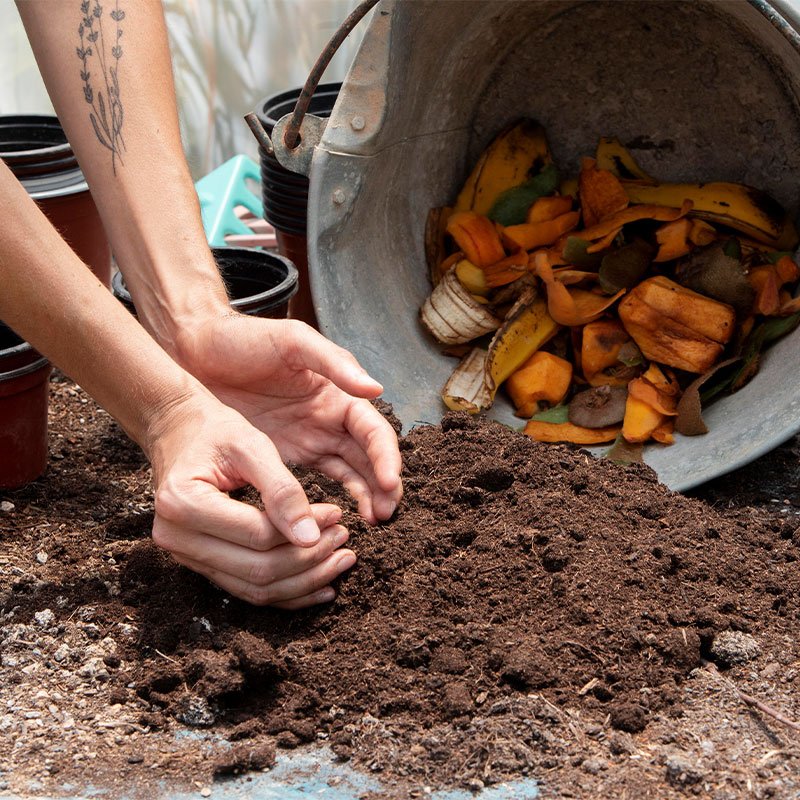
Here are some additional benefits of composting:
01.
Reduces Landfill WasteComposting diverts this waste from the landfill and instead turns it into a valuable resource.
02.
Reduces Greenhouse Gas EmissionsWhen organic materials break down in a landfill, they produce methane, a potent greenhouse gas.
03.
Promotes Healthy SoilCompost adds organic matter to soil, which improves soil structure and fertility. This, in turn, supports healthy plant growth and reduces the need for synthetic fertilizers and pesticides.
04.
MonitoringFarmers and livestock producers monitor the nutrient content of the soil and plants to determine the effectiveness of manure application and adjust their management practices as needed.
Composting depends on space, materials, and desired outcomes. Methods include:
This involves creating a compost pile or bin in the backyard using a combination of brown and green materials. A brown material includes dried leaves, straw, and wood chips, while a green material is food scraps, grass clippings, etc.
This involves using worms to break down organic materials into compost. Worms are added to a bin filled with bedding materials such as shredded newspaper, and food scraps are added regularly.
This is a type of anaerobic composting that uses a special inoculated bran to ferment food waste in an airtight container. The resulting compost can be added to soil or buried in a trench to continue breaking down.
Composting at home is a great way to reduce waste, improve soil health, and grow healthy plants.
Compost is a natural fertilizer
Compost fertilizer is beneficial for plants because it provides a slow-release source of nutrients that help plants grow strong and healthy. It also improves soil texture and structure, which can help plants retain moisture and resist disease and pests. Additionally, These fertilizers can help reduce waste by diverting organic materials from landfills and turning them into a valuable resource.
